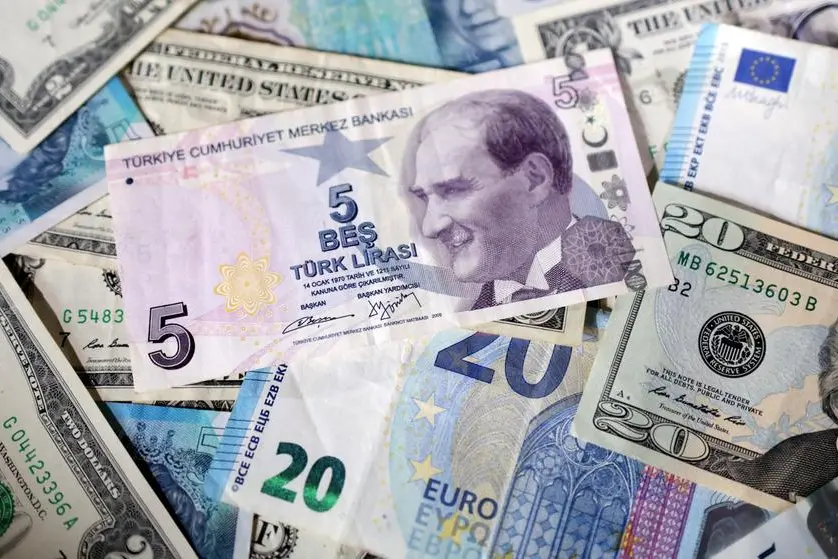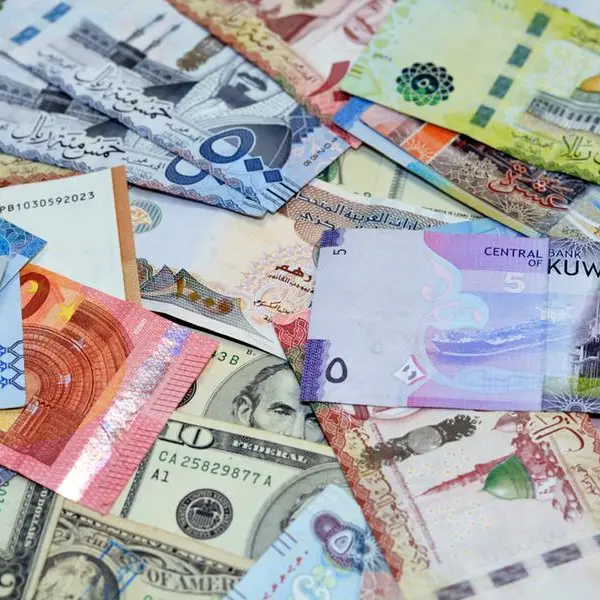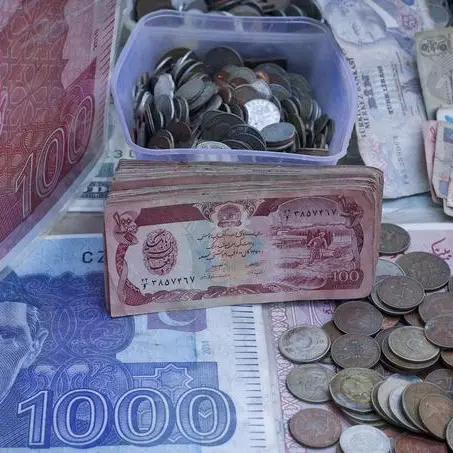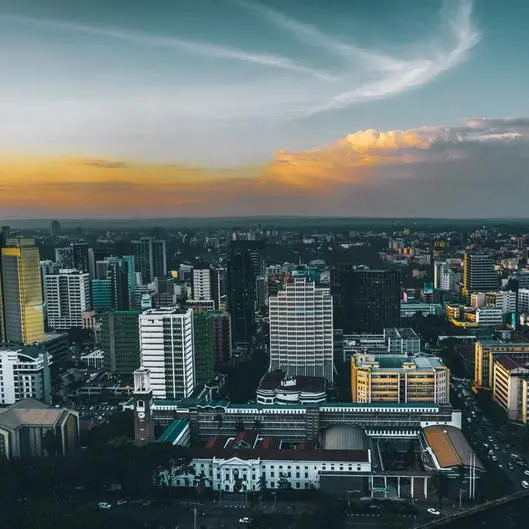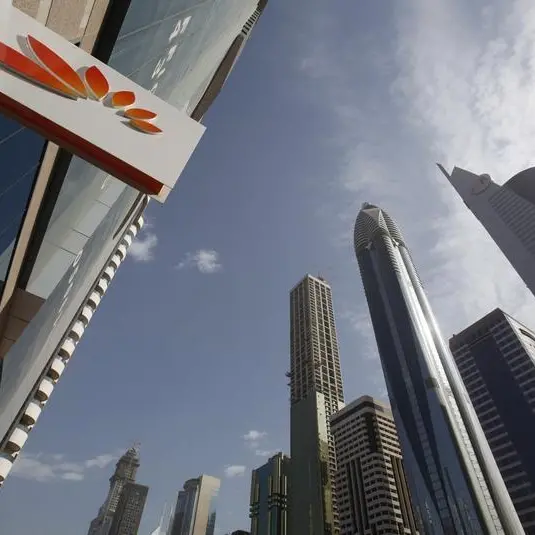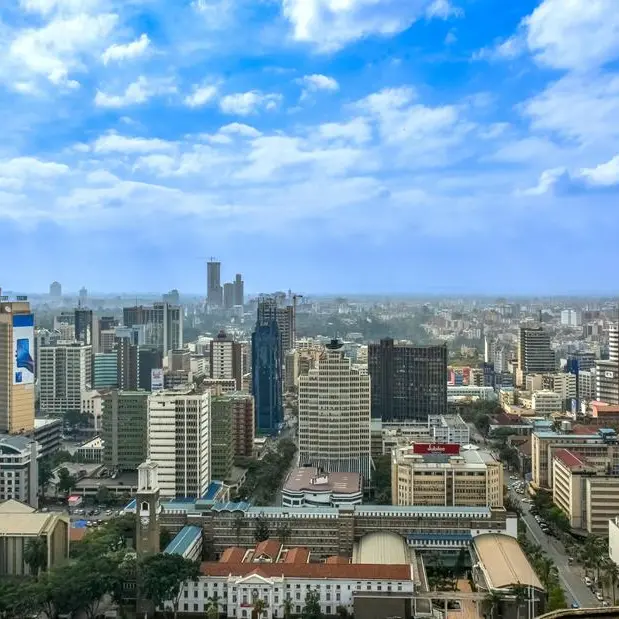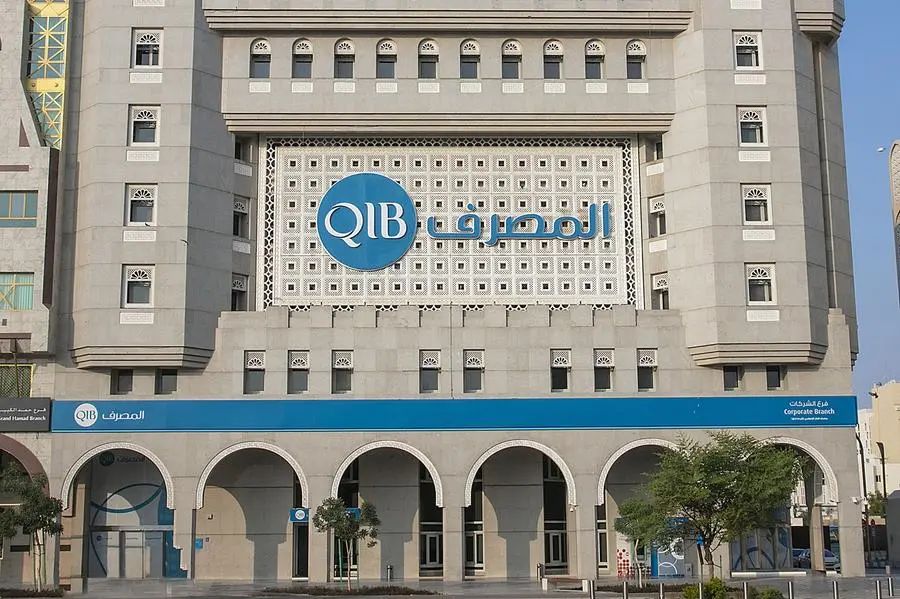PHOTO
Turkey raised US$2bn in its second bond outing of the year on Wednesday, which was a similar deal to its first transaction three months ago.
The sovereign had long been expected to return to the primary arena, given it has about US$11bn to raise in international markets this year. But it was delayed for various reasons – the arrest of the Istanbul mayor, then the US tariffs and even the regional development bank annual meetings.
Ironically, given the relatively more supportive backdrop of the past couple of weeks, the deal came on a much tougher day, with US rates selling off again because of president Donald Trump's push for tax cuts despite rising debts, and also a weak 20-year Treasury auction.
"[Turkey] navigated a tricky market backdrop, with the seven-year Treasury up 9bp on the day," said a banker.
The sovereign printed a 7.25% May 2032 trade at a yield of 7.45% from IPTs of the 7.75% area. The best reference point was the bond it priced earlier this year, a US$2.5bn 7.125% February 2032 note.
It was bid at around 7.30%, according to LSEG, just after books opened. Given the volatility, however, the leads said the premium was about 7bp by the end.
The decision to go with the same seven-year tenor was down to the cost of funding, said the banker.
An investor said after IPTs had been announced, he saw 40bp–45bp of new issuance premium, though he expected pricing to be compressed "given the seven-year point is likely attracting local demand".
He said Turkey has traded "relatively well" through the tariffs-inspired volatility and with its five-year CDS trading sub-300bp.
The performance of the February 2032s shows how much of a swing there has been in asset prices, with the bond trading as low as 7.06% at the close on March 18 and as high as 7.91% at the April 9 close, according to LSEG.
About 140 accounts were in the new issue. UK investors were the biggest buyers with 38%, the US took 30%, Turkey 15%, other Europe 13% and others 4%.
The deal came a day before the central bank left its year-end inflation forecast unchanged at 24%, but governor Fatih Karahan said it is ready to tighten policy if inflation worsens, after having pivoted to raising interest rates last month, reported Reuters.
Turkey is rated B1 positive by Moody's and BB– stable by Fitch. Bank of America, BNP Paribas, HSBC and Morgan Stanley were the lead managers.
Source: IFR
